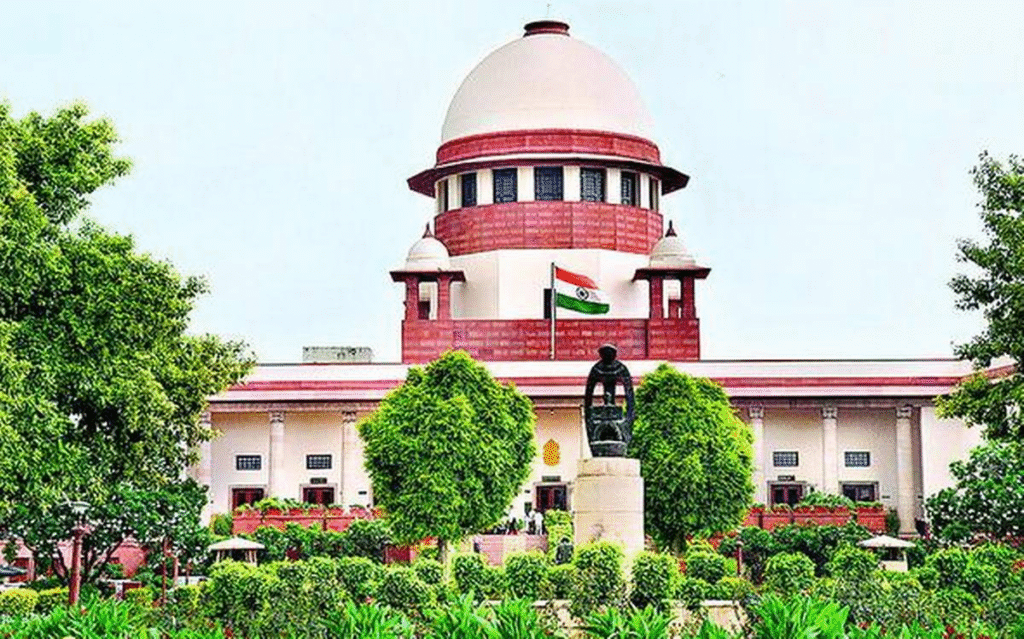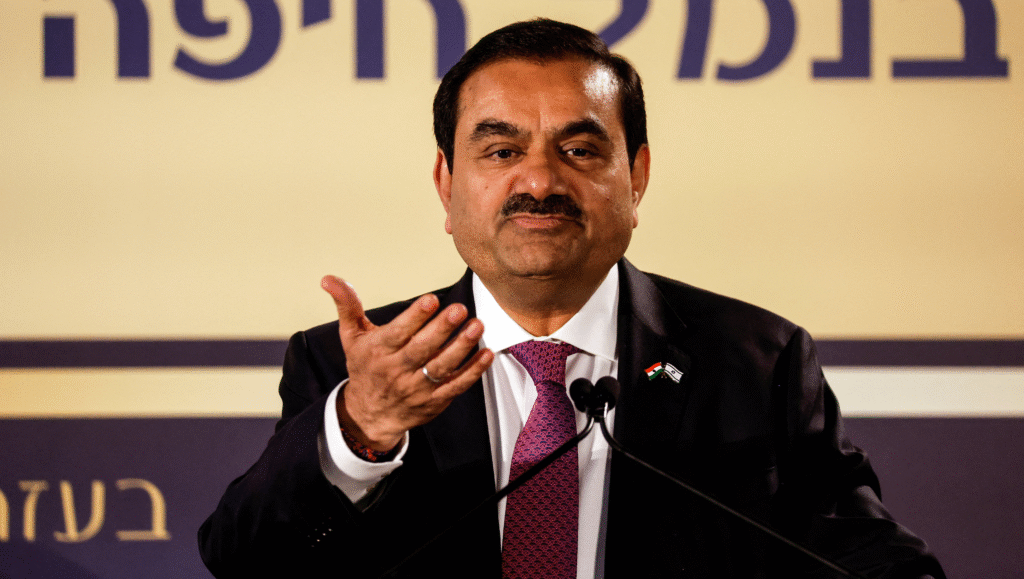‘Serving In Operation Sindoor Doesn’t Give Immunity For Atrocity At Home’: SC To Commando Who Killed Wife

The Supreme Court on Tuesday delivered a scathing rebuke to a National Security Guard (NSG) commando convicted of killing his wife, stating that his service in elite military operations does not grant him “immunity from committing atrocity at home.” The court denied his request to be exempted from surrendering to authorities.
A bench of Justice Ujjal Bhuyan and Justice Vinod Chandran made the stern remarks while hearing a plea from the commando, who has been sentenced to ten years of rigorous imprisonment for a dowry death that occurred two decades ago.
The commando’s lawyer, seeking exemption from surrender, cited his client’s 20-year service record and his participation in the recent “Operation Sindoor”—India’s counter-terrorism strikes. Justice Bhuyan immediately dismissed the argument, turning the petitioner’s claim of being a “Black Cat” commando against him.
“That doesn’t give you immunity from committing atrocity at home,” Justice Bhuyan observed. “This goes to show how physically fit you are, and the manner in which alone you could have killed your wife, strangulated your wife.”
The court highlighted the gravity of the crime, calling it a “gruesome manner” of murder. “This is not a case for exemption,” Justice Bhuyan added, refusing to entertain the plea.
The case dates back to July 2004, when a trial court convicted the commando under Section 304-B of the Indian Penal Code (dowry death). Eyewitnesses, including the victim’s brother and sister-in-law, had testified to seeing the commando and his father strangling the woman with a “chunni” (scarf) while other family members held her down.
Though the trial court acquitted four co-accused family members, the commando’s conviction stood. He challenged the verdict in the Punjab and Haryana High Court, which initially suspended his sentence after he had served over three years. However, in May 2025, the High Court dismissed his appeal and upheld the original ten-year sentence.
While the Supreme Court has issued a notice on his special leave petition challenging the conviction, it unequivocally rejected his application for exemption from surrender. The bench has granted the commando two weeks to turn himself in.






